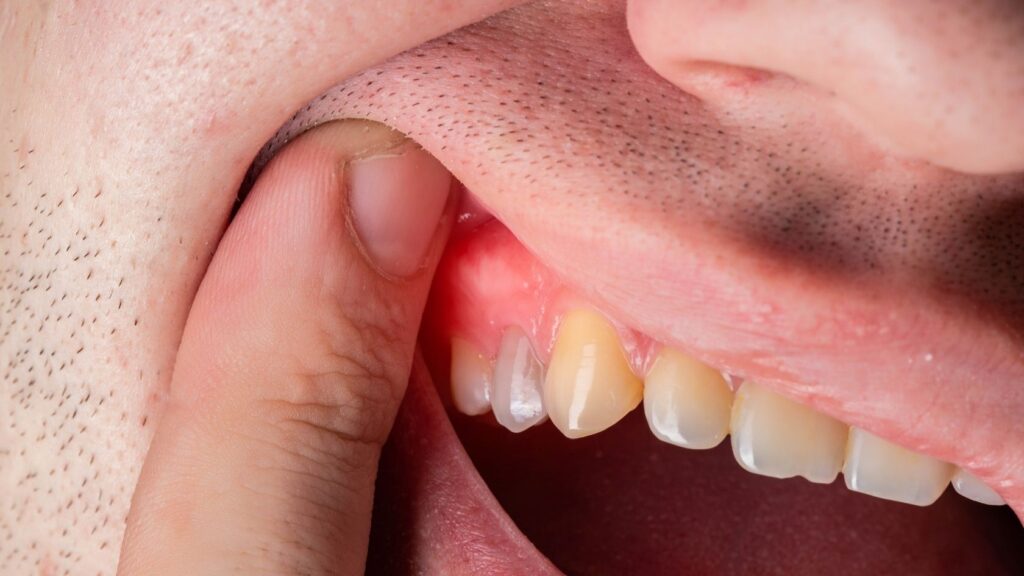
Some people might think that a dental infection is just a minor inconvenience that will go away on its own. However, these infections can lead to serious health complications if not addressed promptly.
At Cleveland Smile Center, we make sure to emphasize to our patients that the mouth is the gateway to the body’s overall health. So, a tooth or gum infection should be taken very seriously.
It is important to understand the impact of dental infections, and how they can sometimes lead to procedures like the need for advanced gum therapy including deep cleanings, scaling or root canals.
How do Dental Infections Happen?
Dental infections can arise from several sources including cavities, gum disease, or even a broken tooth. It starts when harmful bacteria enter the tooth or gums. The bacteria cause an infection.
Just like an infection in any other part of your body, if left untreated, the infection can spread. With a dental infection, it will lead to pain, swelling, and many other health issues.
A tooth infection, also known as an abscessed tooth, occurs at the root of the tooth or between the gum and a tooth. This leads to severe pain and temperature sensitivity in your mouth.
Gum infections, on the other hand, often result from periodontitis, a serious gum disease that damages the soft tissue. If that is left untreated, the infection can also destroy the bone that supports your teeth.
Are Dental Infections Serious?
The seriousness of a dental infection cannot be overstated. Not only can it cause significant pain and discomfort in your mouth, but it can also spread to other parts of your body.
Infections in the teeth or gums can lead to increased risk of heart disease, pneumonia, and even complications with diabetes. Additionally, there is the potential for an infection to become an abscess, which is a pus-filled pocket caused by the bacterial infection.
As a dental infection progresses, it will interfere with your ability to eat, speak, and sleep. Dental infections can also have aesthetic consequences, such as tooth discoloration and gum recession.
Prevention and Early Intervention
The best way to prevent a dental infection is with ongoing good oral hygiene. Standard dental practices including brushing twice a day, flossing daily, and regular dental check-ups. Also make sure to use the right dental equipment including your tooth brush and using the right technique to brush your teeth.

From Infection to Root Canal
If you do develop a dental infection, early intervention is key. At the first sign of pain or discomfort, you should seek professional dental care. Regular dental visits and good oral hygiene can prevent infections, but if you suspect you have an infection, prompt treatment is critical to prevent further complications.
Left unchecked or untreated, it can lead to a multitude of health problems. When the inner pulp of the tooth, which contains nerves and blood vessels, becomes infected or inflamed, a root canal procedure may become necessary.
Without treatment, the tissue surrounding the tooth will become infected and abscesses may form. A root canal involves the removal of the infected or inflamed pulp, careful cleaning and disinfecting of the inside of the tooth, and then filling and sealing it.
Contrary to popular belief, root canals are not painful procedures; they actually alleviate the pain of a dental infection. It’s a highly successful treatment and can save your tooth from extraction, preserving your smile and maintaining the integrity of your jawbone and bite.
If you are suffering from dental pain and concerned about a dental infection, contact our smile team today for an appointment.
Have a question? Reach out to us!


